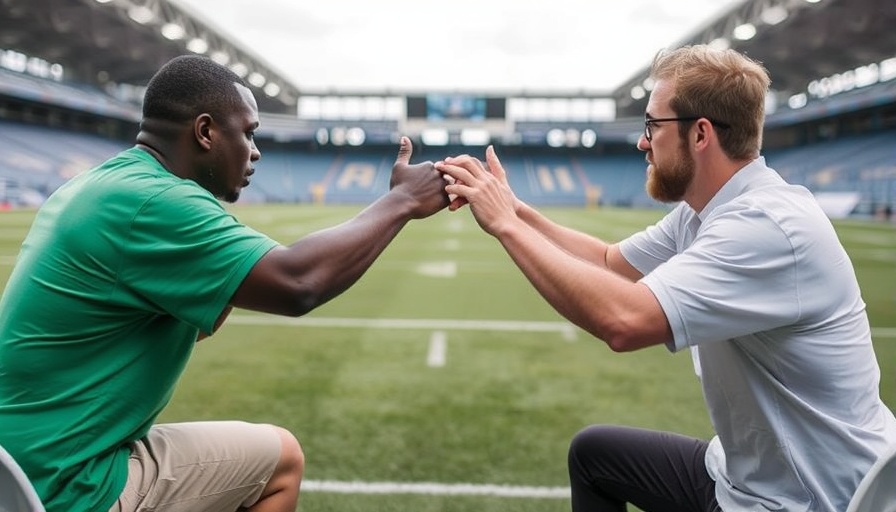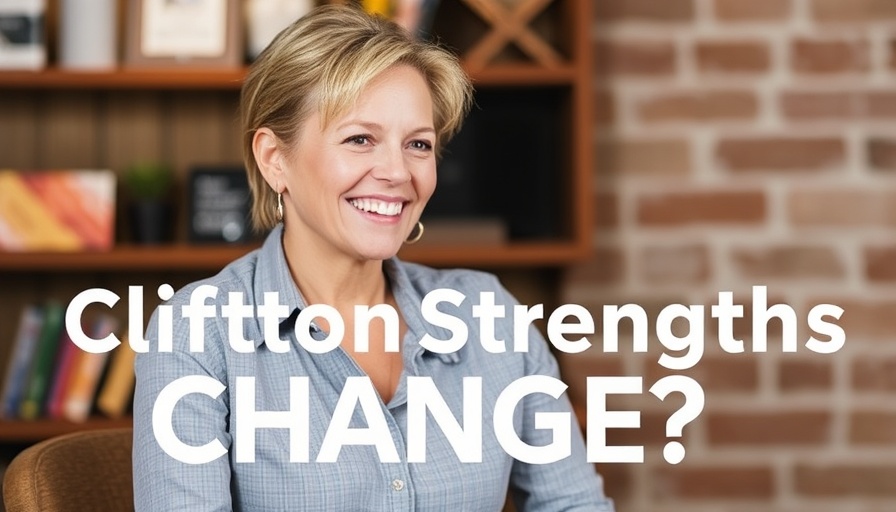
Understanding Bias in Coaching: A Complex Issue
Every coach must navigate a delicate balancing act: the role of bias in coaching. The popular notion is to banish bias in favor of neutrality; however, this is not always feasible or beneficial. Coaches are inherently influenced by their backgrounds, experiences, and personal beliefs, which shape how they interact with clients. The aim should not be to eliminate bias but rather to understand its presence and to use it to foster a more personalized and effective coaching experience.
Why Embracing Bias Can Enhance Coaching
Bias can serve as an informative tool, providing coaches with insights into their own values and judgments. For instance, a coach who identifies heavily with strength-based perspectives may cultivate a coaching environment that actively seeks to highlight the positive attributes of their clients. This approach aligns well with the strengths-based education model, where an emphasis on individual talents becomes crucial. Recognizing your biases means you can leverage them in constructive ways to support diverse client needs.
Creating Inclusivity Through Self-Awareness
To be an effective coach in today’s diverse environments, you must be aware of your personal biases. This awareness helps create an inclusive coaching practice that respects the unique backgrounds of each client. For instance, when discussing strategies with clients from various cultures or those facing different life challenges, having a well-rounded understanding of your perspective can lead to more empathetic and personalized coaching experiences. This isn't about changing who you are; it's about refining your approach and being open to learning from your clients.
Opportunities for Growth: Expanding Coaching Perspectives
Exploring your biases also provides an opportunity for growth. Coaches can challenge their assumptions by seeking feedback and engaging in conversations that push their understanding. By exposing themselves to diverse ideas and experiences, coaches become better equipped to serve clients from all walks of life. This process not only enriches the coaching relationship but also enhances the overall coaching effectiveness. Ultimately, by championing inclusivity and diversity within their practice, coaches can inspire clients to embrace differences in their personal lives.
Practical Strategies for Coaches
For teachers and educational leaders looking to incorporate inclusivity and strengths-based development, practical strategies include regular self-reflection on biases, attending workshops on cultural competence, and actively seeking out diverse perspectives in coaching dialogues. Creating a safe space for open discussion can also help clients feel valued and understood.
Ultimately, it’s important to remember that bias isn’t inherently good or bad. Instead, it’s how coaches choose to recognize and engage with their biases that determines their efficacy. By transforming bias into a source of strength and understanding, coaches can lead through their unique perspectives while uplifting and empowering their clients.
 Add Row
Add Row  Add
Add 




Write A Comment